Vinegar helps improve insulin resistance
By naturopath Margaret Jasinska
Did you know that vinegar can help both insulin and blood sugar levels? It’s especially helpful for those with type 2 diabetes, polycystic ovarian syndrome and fatty liver. Vinegar has some remarkable benefits for your metabolism. It can make blood sugar control and weight loss easier.
A study was published in the journal Diabetes Care and titled “Vinegar improves insulin sensitivity to a high carbohydrate meal in subjects with insulin resistance or type 2 diabetes”. The journal is published by the American Diabetes Association.
People with type 2 diabetes or insulin resistance do not respond as well to the hormone insulin. Insulin does not do a good job of getting glucose into cells where it can be burned for energy. Therefore blood sugar tends to be higher than ideal, and the excess insulin stimulates the deposition of body fat, particularly around the torso. Fat can also be deposited inside the liver, the pancreas and the arteries. People who are insulin resistant also typically experience far greater levels of hunger and cravings for carbohydrates. They are less likely to feel satisfied after a meal and may have food cravings all day.
Research has shown that adding some vinegar to your meal can help to reduce both insulin and blood sugar after that meal. This is because vinegar helps insulin to work more efficiently in your body. If insulin works better, blood sugar improves and it is easier to lose weight. Using vinegar as a salad dressing is an easy, inexpensive way of helping your metabolism. I recommend apple cider vinegar because of the benefits it has to your digestive system and gallbladder. Balsamic vinegar is quite high in carbohydrates and usually contains preservatives.
Other ways to improve insulin resistance
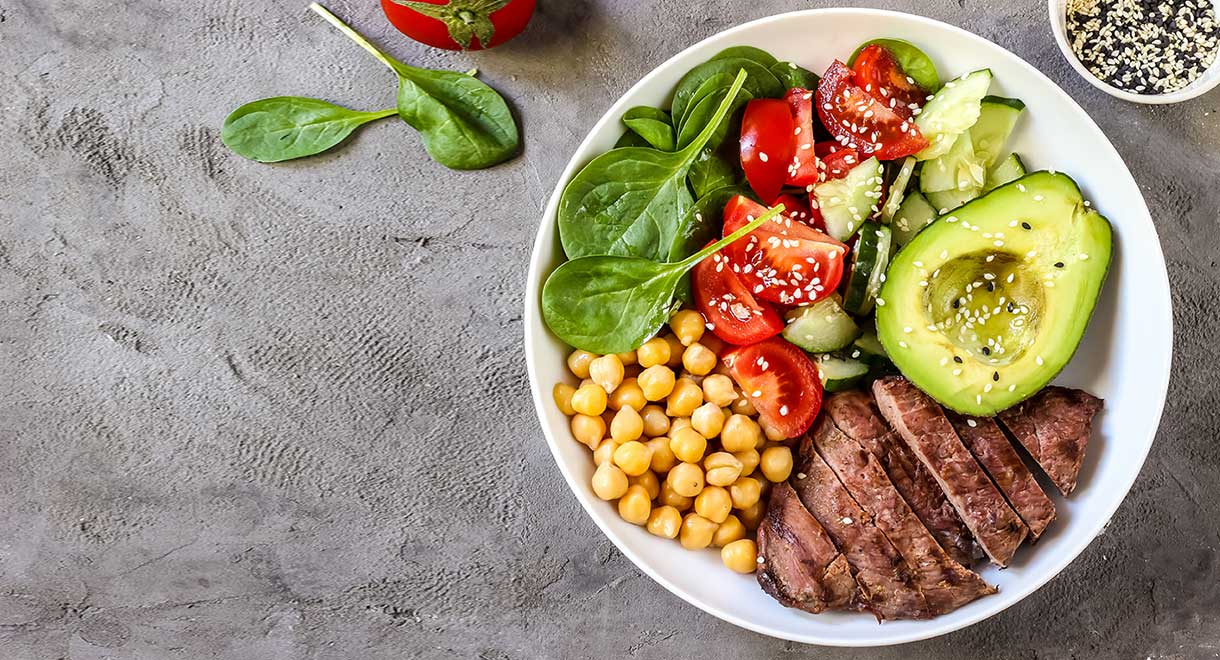

Try to eat 3 proper meals each day
Make sure you’re eating 3 substantial meals. The meals should be comprised of adequate protein and healthy fats. These are what help to keep you feeling satiated. It is important to make the time to eat and enjoy 3 meals a day. Nibbling all day or skipping meals is not the route to losing weight. You will probably end up eating too much in the end, and feel overly full by the evening. You might need to add a little more fat than usual to your meals, as healthy fats are wonderful for reducing sugar cravings. Examples of healthy fats to include in your diet are olive oil, avocados, coconut oil, oily fish, ghee, nuts and seeds and the fat from grass-fed meat. It is also important to eat adequate protein, as this will stabilise your blood sugar. Examples of good protein sources are seafood, poultry, eggs, red meat and the whey in Synd-X Slimming Protein Powder and QuickLoss Meal Replacement.


Drink adequate water
It’s very important to stay well hydrated. Sugar and carbohydrate increase the production of hunger hormones; therefore you are likely to feel more hungry. Drinking water helps to reduce hunger. Squeezing a little lemon or lime juice into the water can help to fight sugar cravings. The acid isn’t brilliant for your tooth enamel, so you may want to drink through a straw to minimise contact of the acid with your teeth, or rinse your mouth afterwards.
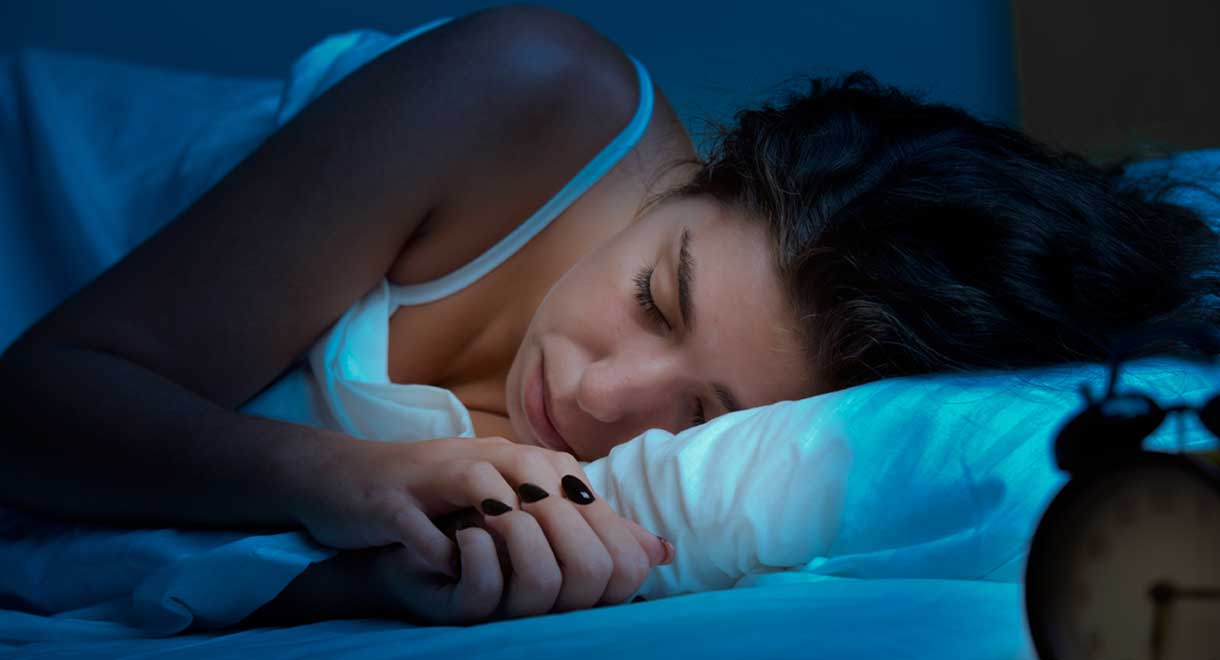

Try to get enough sleep
Plenty of research has been done showing that people who don’t sleep enough have higher levels of hunger hormones in their body and are more likely to overeat or eat unhealthy foods. It is so much easier to prepare healthy meals, exercise regularly and generally look after yourself when you’ve had enough sleep and it has been good, refreshing sleep. If you struggle with being able to get to sleep or stay asleep, magnesium may help you because it relaxes your muscles and nervous system. Magnesium also helps your brain produce the neurotransmitter GABA, which quietens down internal chatter.
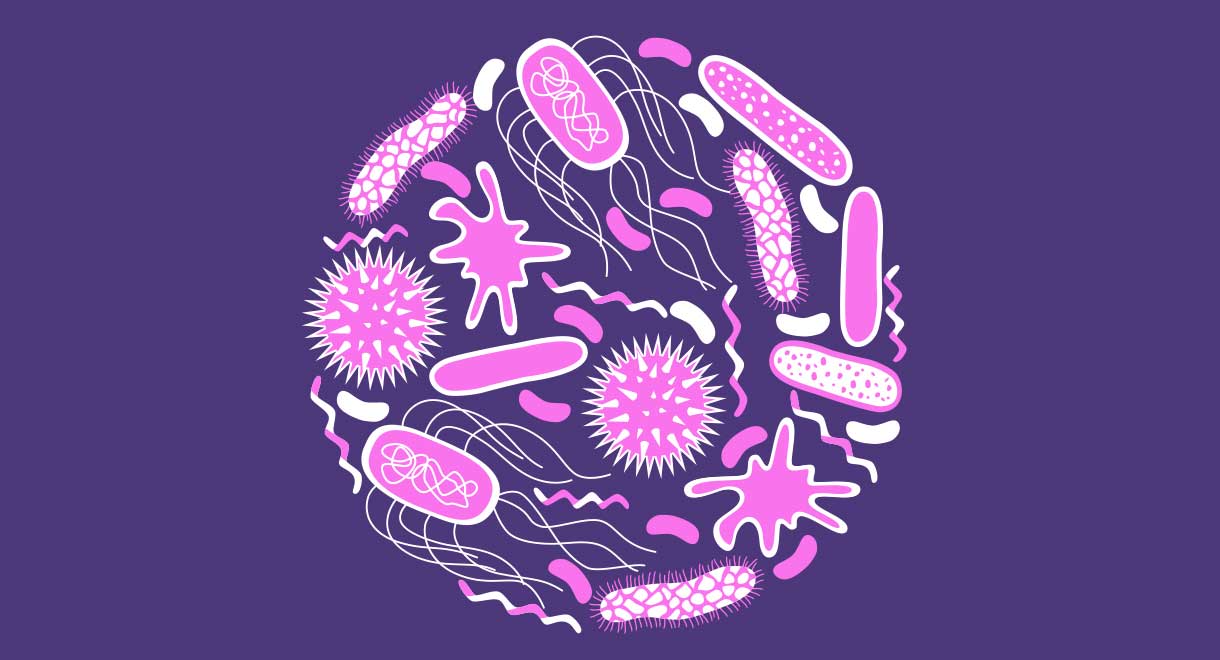

Bad gut bugs could be sabotaging your efforts
Having too many bad bugs in your bowel can drive sugar cravings. Candida overgrowth in your intestines can make you feel tired, irritable and give you a foggy head and poor concentration. It can also cause intense carbohydrate cravings. It’s a catch 22 – eating sugar promotes the growth of intestinal yeast and having too much yeast in your gut makes you crave sugar. Candida is a type of yeast that is naturally present in everyone’s digestive tract; however, if your immune system is weak and your digestion is poor, Candida levels can get out of control. Because it is a yeast, it needs sugar in order to grow. Treating Candida overgrowth can be tough because many different foods we eat are digested into sugar eventually, and can potentially feed this yeast. Symptoms of excess Candida in the digestive tract include digestive discomfort, fatigue, headache, muscle and joint pain, blocked sinuses, sugar cravings, recurrent vaginal yeast infections, recurrent urinary tract infections, low mood, foggy head and poor concentration, food and chemical sensitivities and sleep problems. Diet modifications help to eradicate Candida and bad bacteria. BactoClear capsules can help with abdominal bloating and medically diagnosed irritable bowel syndrome.
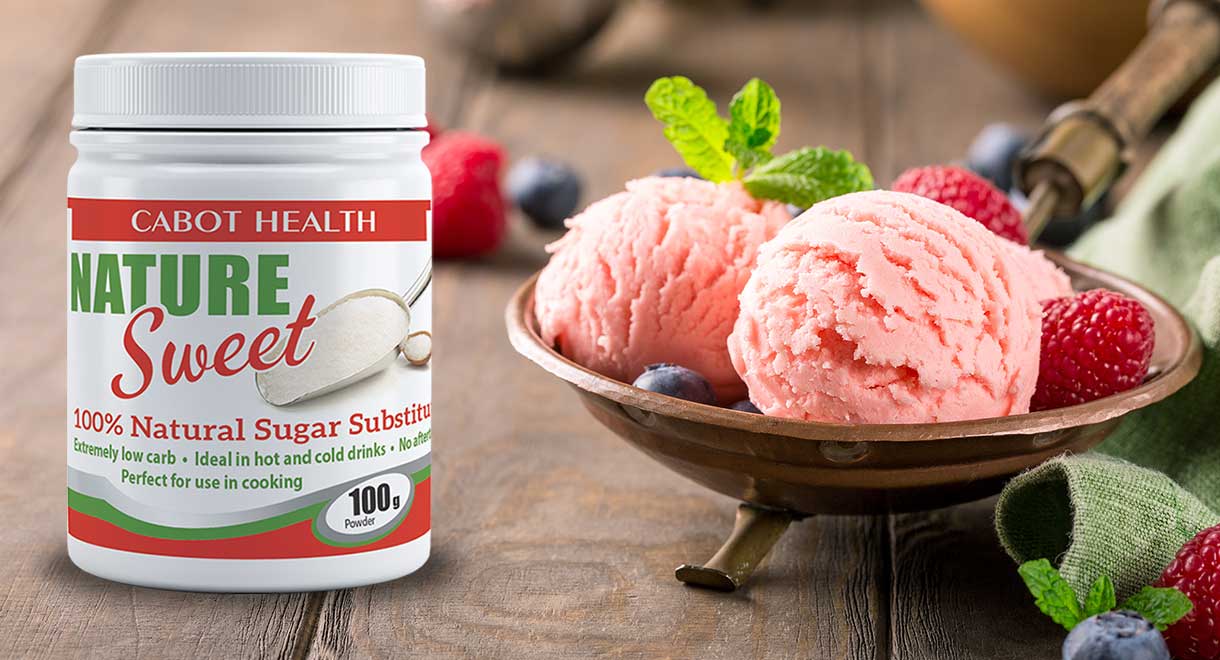

Use a natural sugar alternative
Nature Sweet Sugar Substitute is a 100% natural alternative to sugar. Nature Sweet contains sugar alcohols (known as polyols), which are naturally occurring in many fruits and vegetables. They are sweet like sugar, but are different in the sense that they do not have the harmful health consequences of sugar and do not cause spikes in blood sugar levels, cravings or binge eating. They are suitable for those with diabetes, insulin resistance or those trying to lose weight as they do not promote excess insulin secretion and contain only a fraction of the calories of sugar. Unlike their name suggests, sugar alcohols don’t actually contain any alcohol (ethanol) and definitely cannot make you drunk. They are natural sweet substances derived from plant sources that can be added to food and beverages to make them sweeter.


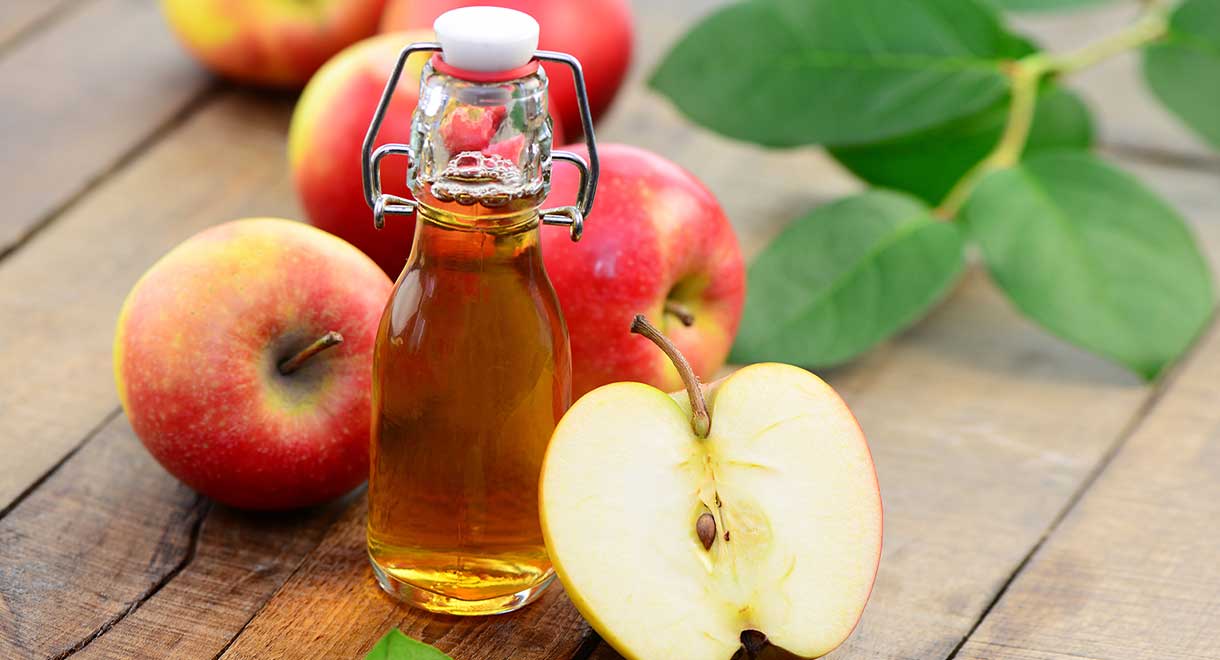




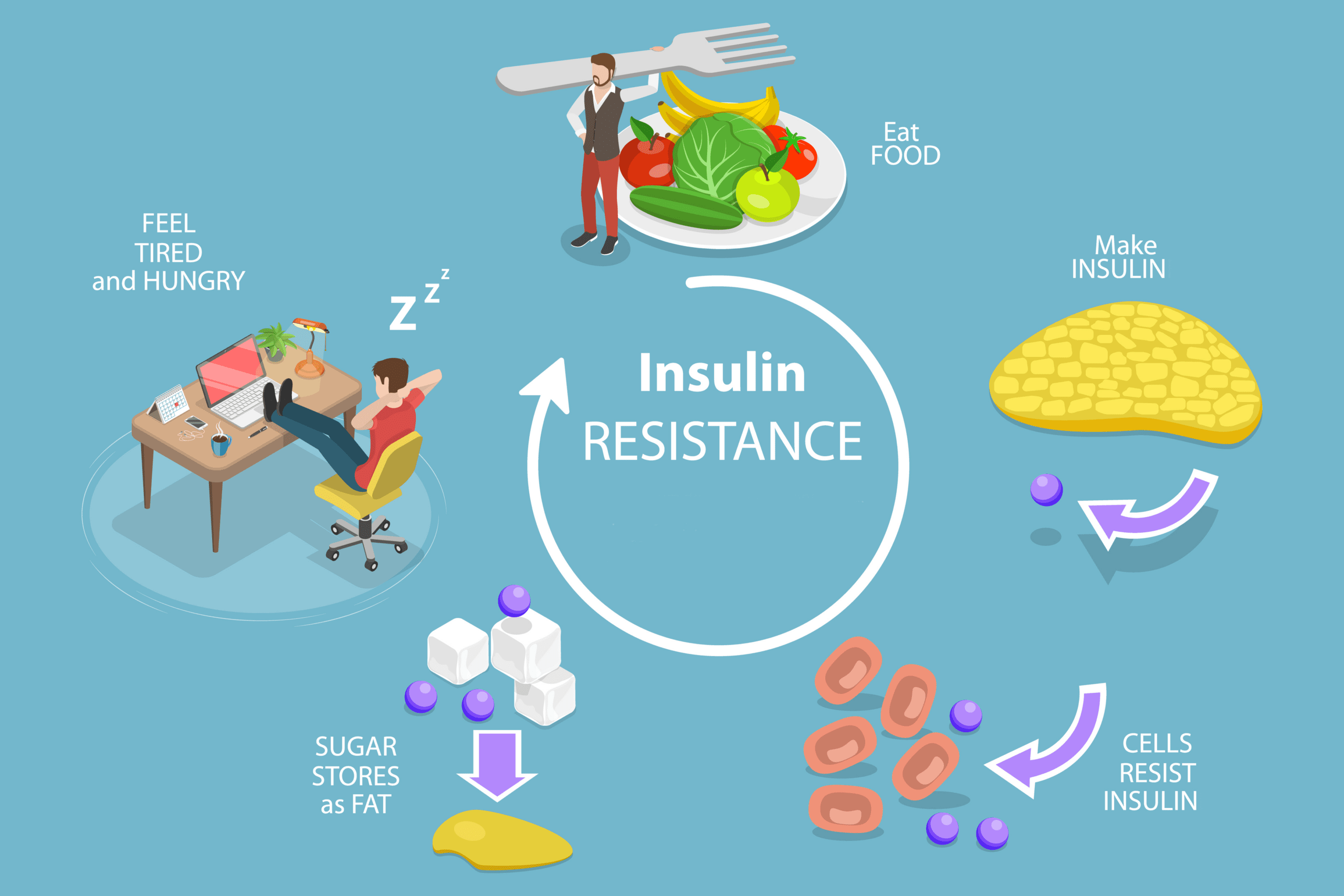
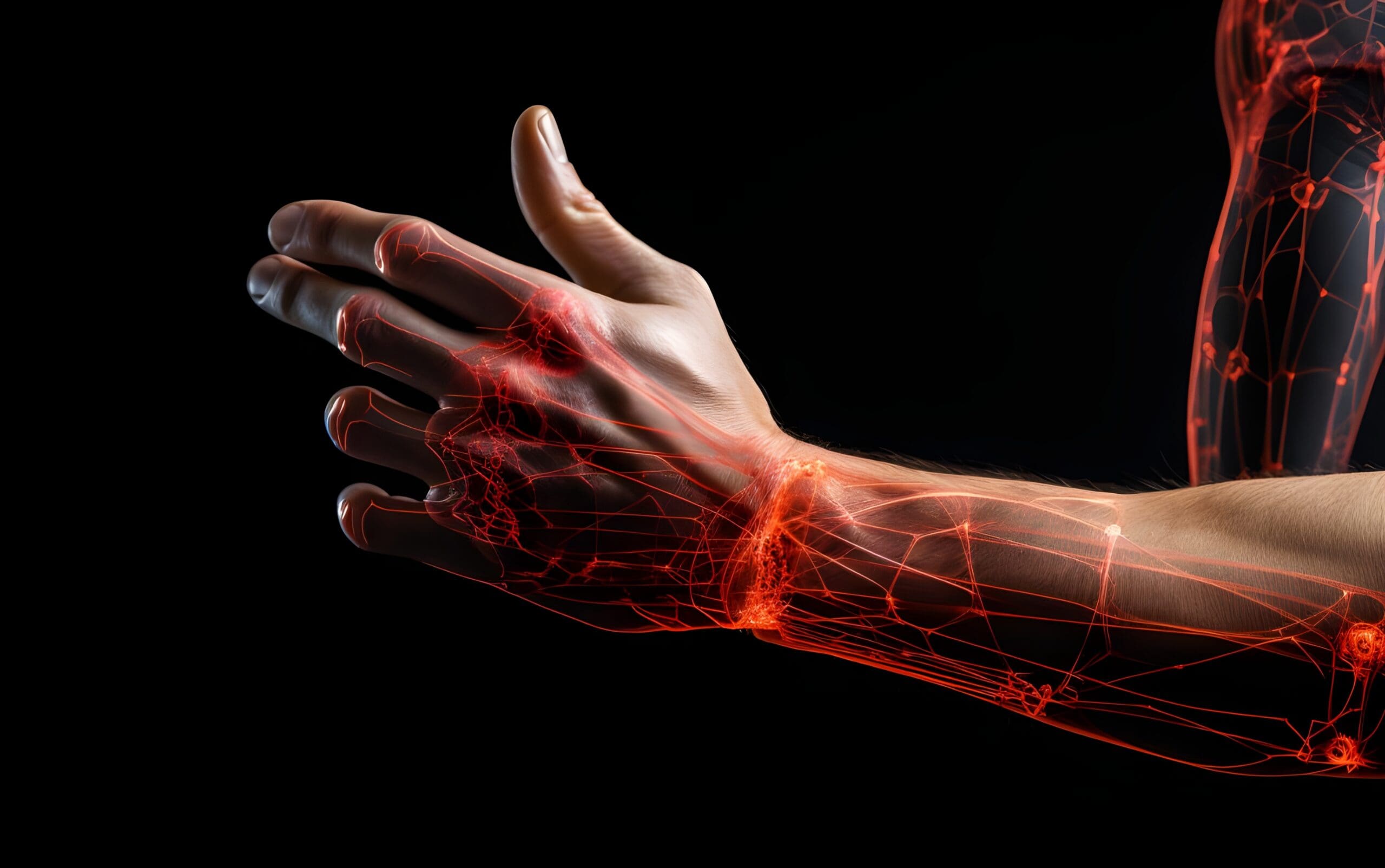
Leave A Comment